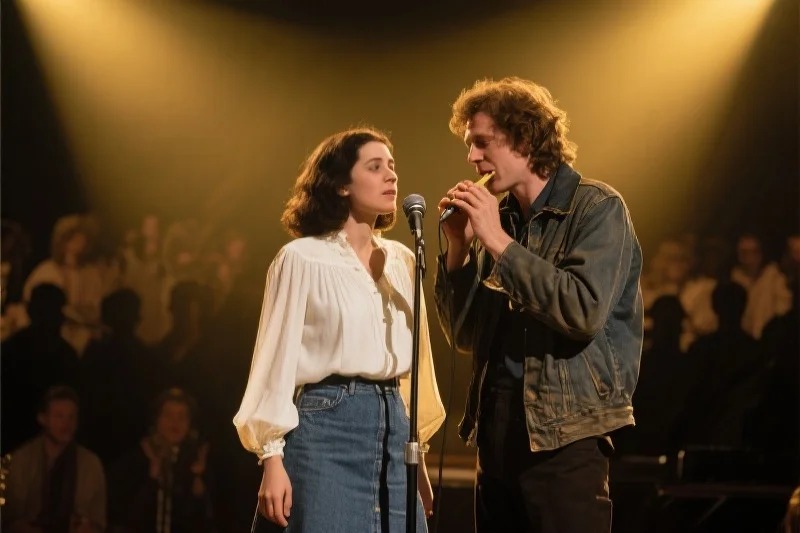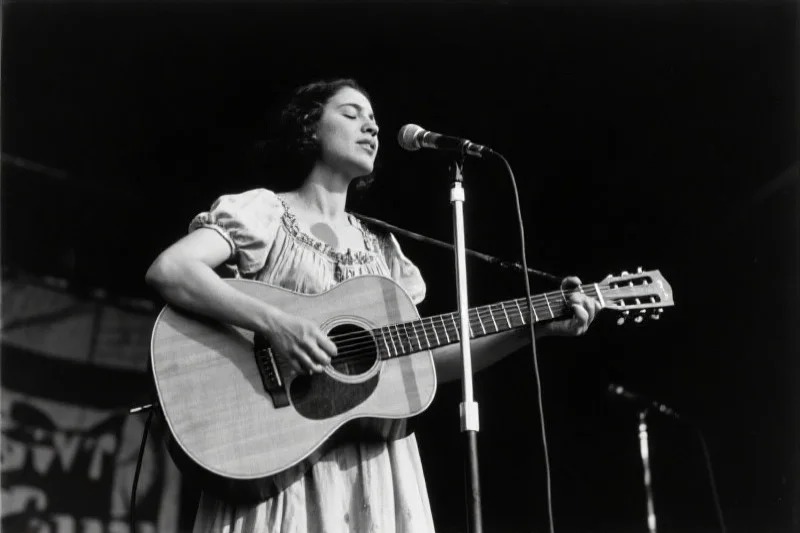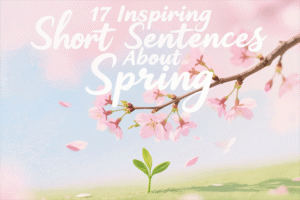Table of Contents

1. A Legend Born from Folk Roots
Joan Baez, born on January 9, 1941, in Staten Island, New York, emerged as a defining figure of the 1960s folk revival. Her early exposure to traditional folk music and activism—shaped by her parents’ social consciousness—fueled her journey from coffeehouse gigs to the Newport Folk Festival stage in 1959
Her self-titled debut album (1960) showcased her crystalline soprano and mastery of ballads like Silver Dagger and Donna Donna, cementing her as a bridge between traditional folk and modern protest music
2. Music as a Weapon for Justice
Baez’s career transcended entertainment. She became a sonic architect of social change:
- Civil Rights Movement: Her rendition of We Shall Overcome at the 1963 March on Washington became an anthem for equality1215. She performed alongside Martin Luther King Jr. and risked arrest at protests, declaring, “Action is the antidote to despair”1516.
- Anti-War Activism: During the Vietnam War, she refused to pay war taxes, faced imprisonment, and even traveled to Hanoi in 1972 to deliver supplies amid U.S. bombings—an experience chronicled in her haunting spoken-word piece Where Are You Now, My Son?312.
- Modern Advocacy: In 2024, at 83, she reimagined America the Beautiful with feminist lyrics (“Crown thy good with sisterhood”) to endorse Kamala Harris, proving her activism never wanes3.
3. Diamonds & Rust: A Love Letter to Bob Dylan
Baez’s relationship with Bob Dylan was both muse and wound. Their 1960s romance—marked by creative synergy and eventual estrangement—inspired her magnum opus, Diamonds & Rust (1975). The song’s lyrics (“Ten years ago, I bought you some cufflinks”) evolved over decades, reflecting shifting perspectives on their shared history
Dylan, whom she once called “the original vagabond”, became a symbol of artistic rivalry and unresolved longing. As Baez quipped, “You don’t get to choose how you’re going to die… but how you live”
4. Artistic Evolution and Legacy
Baez’s artistry defied categorization:
- Genre Fluidity: From protest anthems to covering Bob Marley and collaborating with Hozier, she blended folk, rock, and gospel while staying true to her roots37.
- Literary Voice: Her 1987 memoir And a Voice to Sing With and 2023 poetry collection When You See My Mother, Ask Her to Dance revealed her introspective depth313.
- Influence: She paved the way for female artists in a male-dominated industry, inspiring icons like Joni Mitchell and Taylor Swift. Her philosophy—“I’m a dreamer with a rebel’s heart”—resonates across generations512.
5. Timeless Wisdom in Her Words
Baez’s quotes distill a life of conviction:
- “You don’t get to choose how you’re going to die… You can only decide how you’re going to live.”816
- “Love is a four-letter word—it’s everything.”5
- “I’ve learned to turn pain into purpose.”6
Epilogue: The Unyielding Flame
At 84, Joan Baez remains a beacon of moral clarity. Whether strumming her guitar or rallying voters, she embodies the power of art to ignite change. As she once told a crowd: “Little victories and big defeats—that’s how we move forward.”
Her voice, both tender and unyielding, ensures that diamonds outshine rust.




